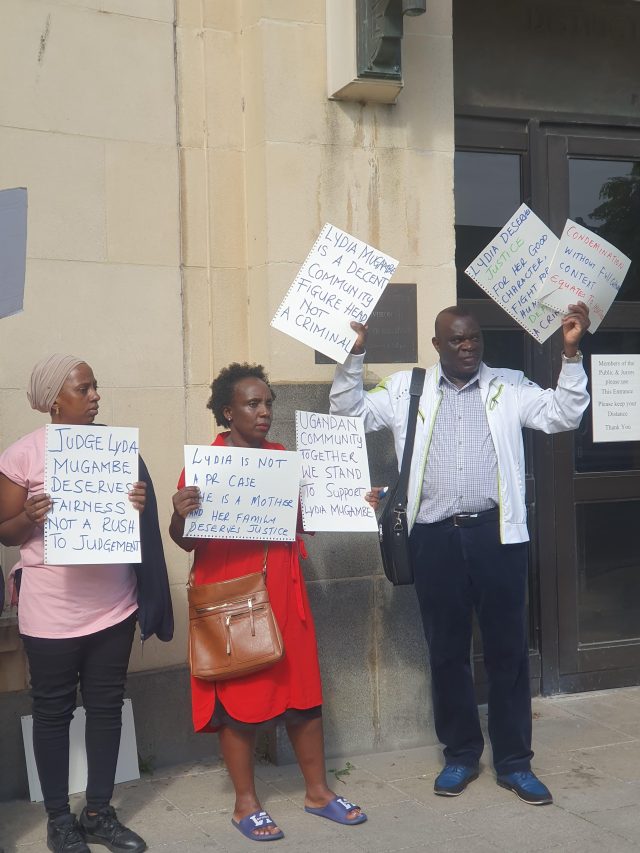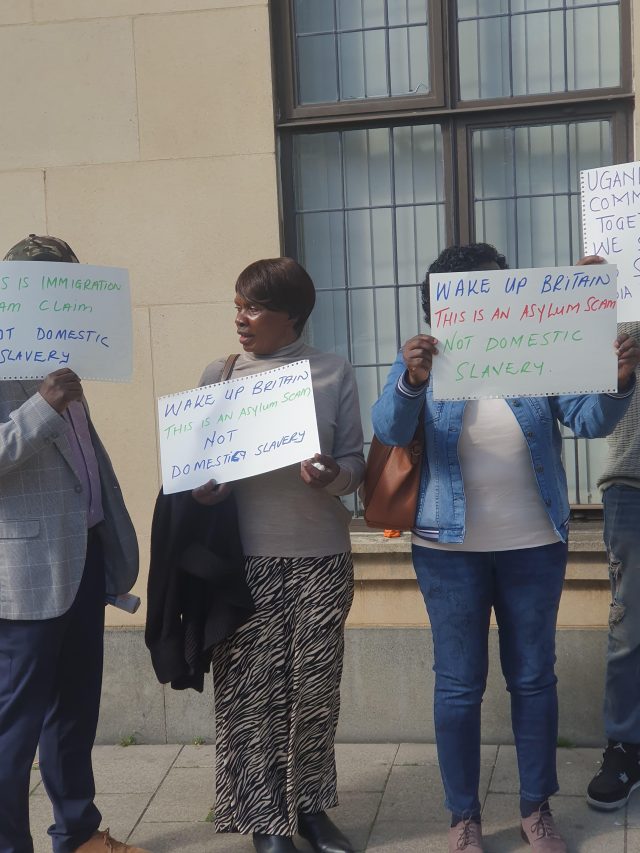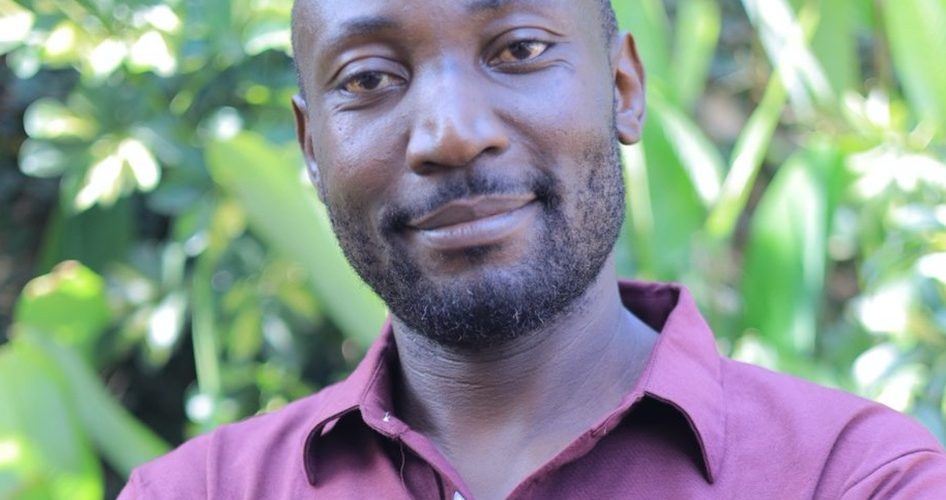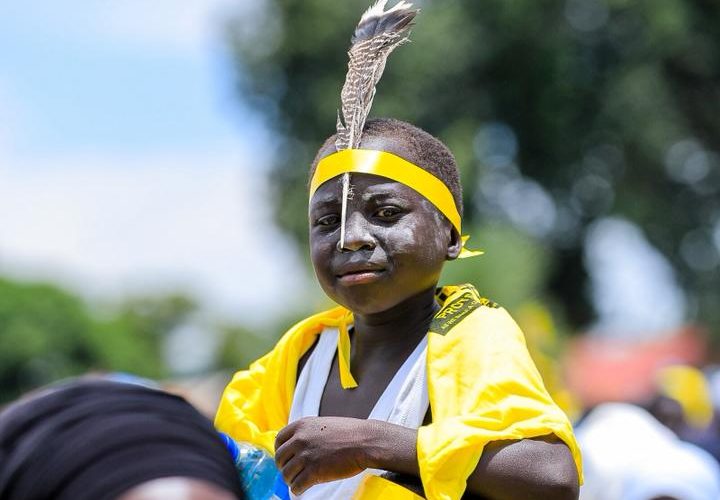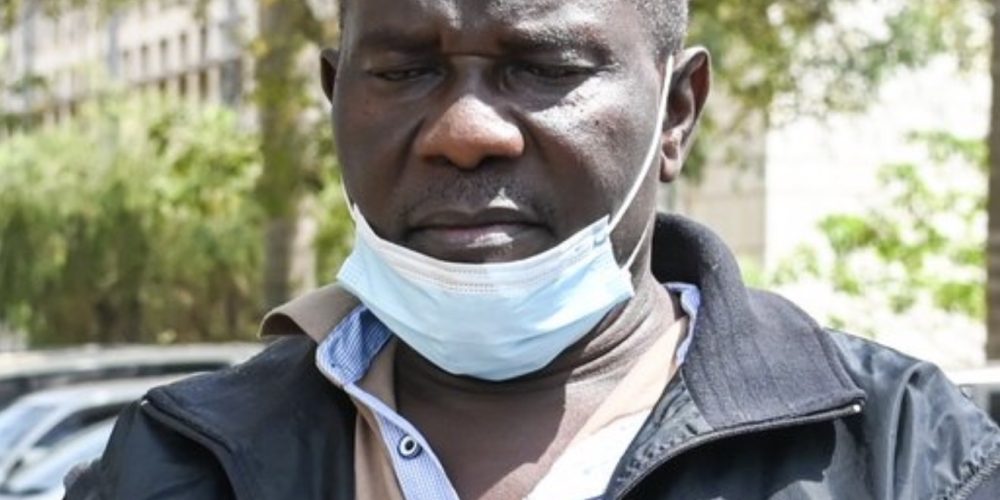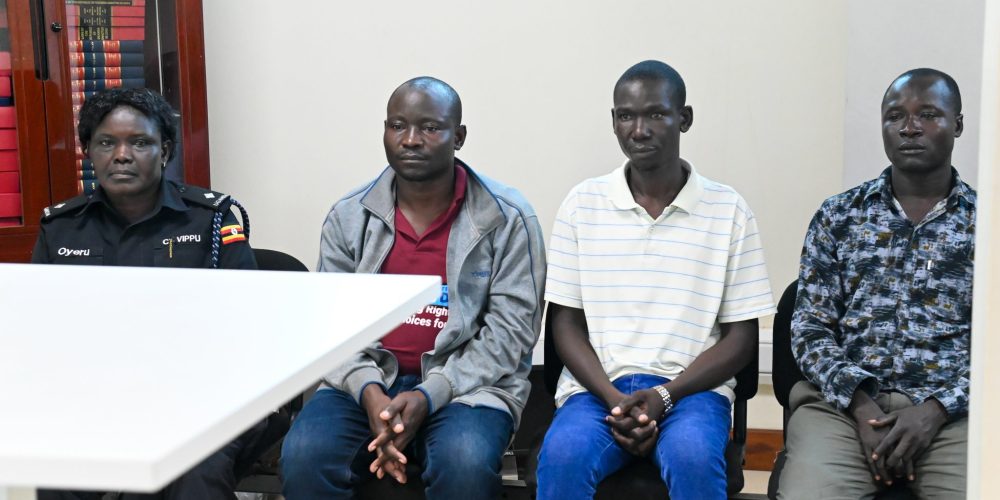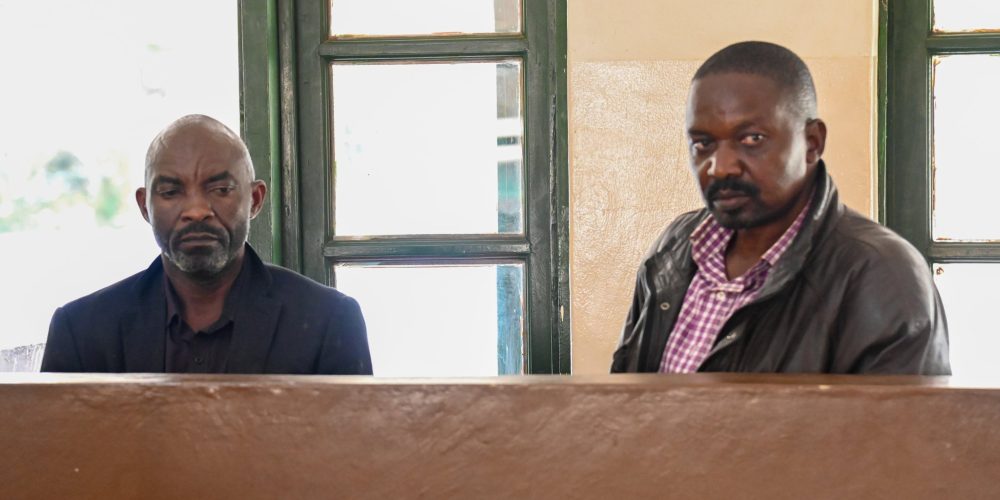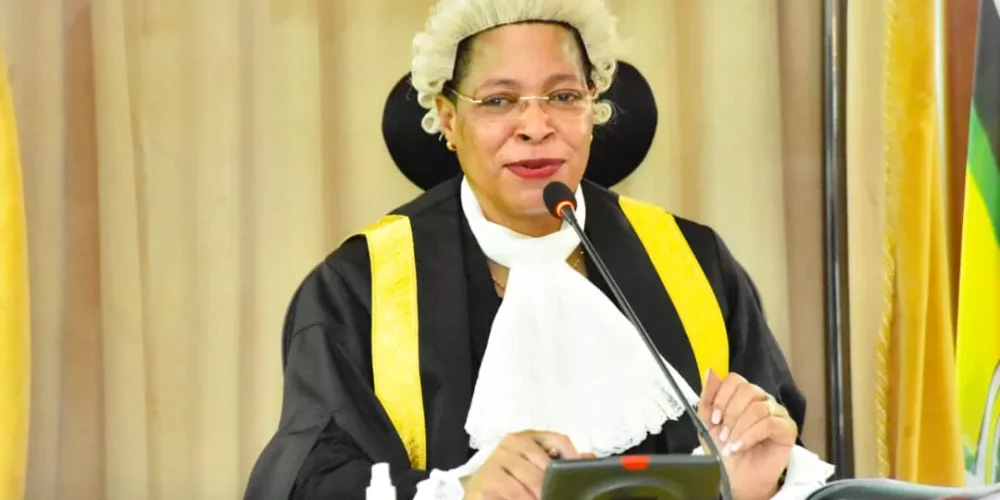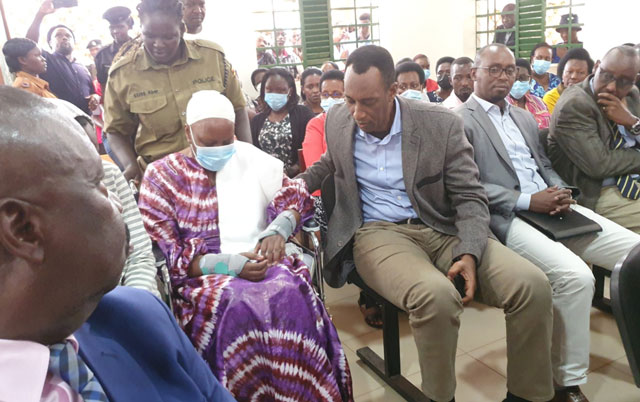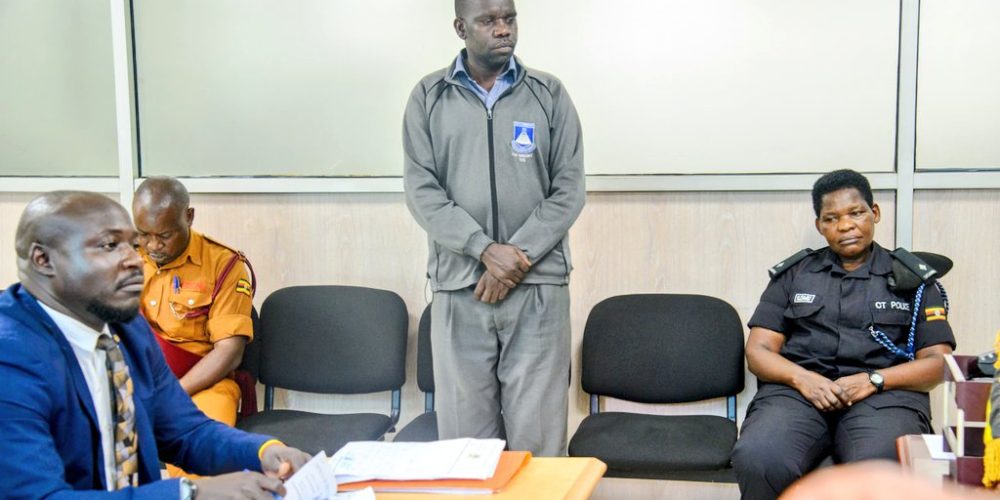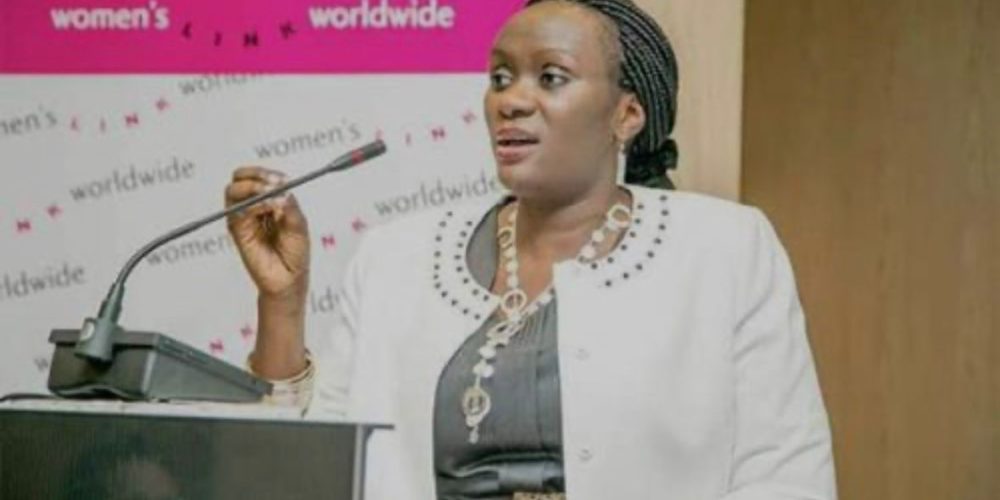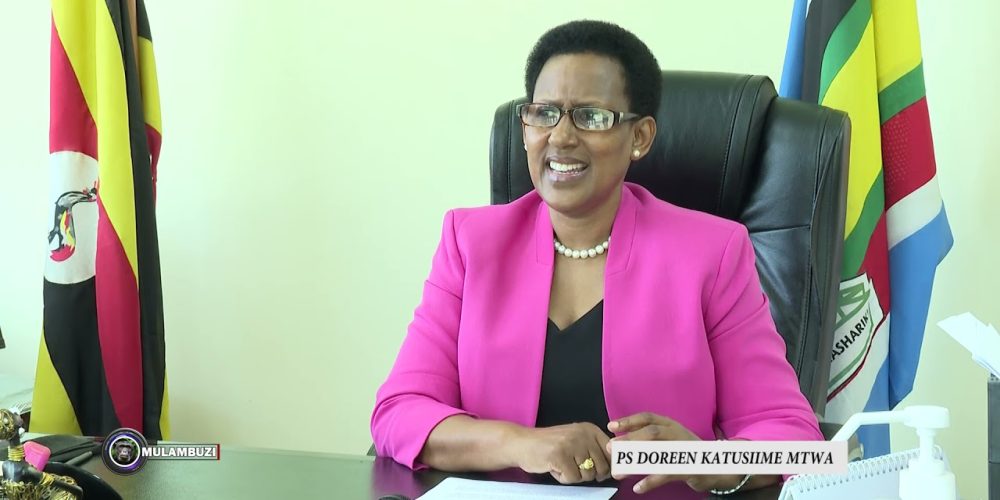Ugandan Community in Oxford Decries Verdict Against Justice Lydia Mugambe

By Noelina Nalukwago
OXFORD, UNITED KINGDOM. The Ugandan community in Oxford has expressed deep dismay over the recent verdict involving Justice Lydia Mugambe, a respected Ugandan judge who has been accused of domestic slavery by a young Ugandan woman she had supported for years.
The community, many of whom knew Mugambe personally, voiced their concern that the ruling did not fully consider the cultural context and the judge’s long-standing record of compassion and mentorship.
Justice Mugambe, a doctoral student in Oxford during the time in question, was not only recognized for her integrity in the Ugandan judiciary but also embraced as a cherished member of the Oxford-based Ugandan diaspora. “Lydia is a warm, hospitable, and deeply family-oriented individual,” the community stated, adding that she had opened her home and heart to many, especially during her time of grief after losing both parents in quick succession.
Central to the controversy is a young woman whom Mugambe had supported educationally and financially, introducing her to the Oxford Ugandan community as a relative. Community members affirm that the young woman lived freely in Mugambe’s home, participated in family life, and enjoyed full privileges. “She lived freely in Justice Mugambe’s home, enjoying the same privileges as any family member would,” read part of the community’s statement. The community now questions the motives behind the serious allegations, suggesting the complainant may have manipulated Lydia’s professional stature to gain asylum and legal leverage.
The group also highlighted what they see as a fundamental misreading of cultural and familial dynamics, arguing that the relationship was one of mentorship and mutual respect—not coercion or exploitation.
“The relationship between these two individuals was deeply rooted in cultural norms of extended family and mutual support, not exploitation,” the statement emphasized.
Community members described how Mugambe had helped the young woman secure employment and integrate into British life, efforts they argue were later weaponized against her.
Another major concern raised was the perceived imbalance in the legal proceedings. The community lamented the reliance on a singular narrative and a lack of critical evidence in the trial. “What is most alarming is the apparent lack of critical evidence considered during proceedings,” the community expressed, calling for a fairer and more contextual review of the facts.
While reaffirming their commitment to justice and the protection of all from exploitation, the Ugandan community in Oxford insisted that this case reflected “a troubling miscarriage of justice,” in which an individual renowned for compassion and public service was unjustly portrayed as an oppressor. They argue that the UK judicial system, in this instance, may have failed to grasp the cultural nuances and complexity of familial ties within African communities.
“We stand by the values of compassion, truth, and justice that define both Lydia and our wider community,” the statement concluded, urging for a holistic and impartial reassessment of the case—one that considers not just the law but the full human and cultural story behind it.
PROTEST AT COURT
